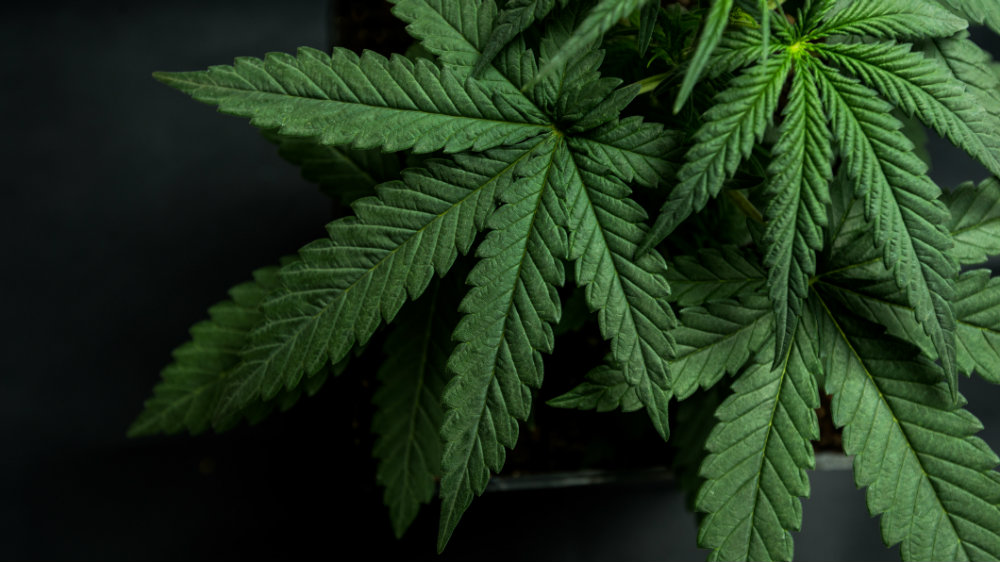Healthcare has dislodged technology as the worst-performing sector of the S&P/TSX Composite Index. As of June 15, 2022, the year-to-date loss has risen to 48.54%. It isn’t surprising, because most of the sector’s constituents are cannabis stocks.
Industry leader Canopy Growth (-58.88%), along with Tilray (-53.70%) and Cronos (-29.32%), are in negative territory. However, Aurora Cannabis (TSX:ACB)(NASDAQ:ACB) has fallen into the abyss. From $5.41 per share on year-end 2021, the price plunged 75.05% to $1.35. What ails the cannabis cultivator and producer? Is the stock with liquidity issues worth buying at a rock-bottom price?
Scarce cash flows
Cash is king, but it seems that Aurora Cannabis has difficulty generating money. Some market analysts say the $402.25 million company might even run out of money in one year. The revenue numbers thus far in fiscal 2022 do not look good. While medical cannabis’s net revenue increased 8% in Q3 fiscal 2022 versus Q2 fiscal 2022, total net revenue declined 17% to $60.58 million.
Aurora serves the medical and consumer markets, but the net revenue of the latter declined 43% compared to Q3 fiscal 2021. Its CEO, Miguel Martin, said, “We continue to steer our differentiated global cannabis business towards long-term shareholder value creation.”
Martin added, “During Q3, we continued focusing on our global medical cannabis business because it is both defensive and stable, with cash gross margins that exceed 60%.” According to the CEO, the segment’s considerable top-line growth is encouraging, and he is also confident that opening new international markets positions Aurora for a significant revenue opportunity globally.
Management’s statement reads, “We believe that cannabis growth over the next several years will center on the international medical and recreational markets.” It noted the early success in the markets of Australia, Israel, and Europe. For Aurora, its roots in the medical industry, deep experience in federally regulated markets, and leadership in science and plant genetics are differentiating factors.
Swelling costs
Aurora is paying the price for its spending spree to become the world’s largest cannabis producer. Today, management sees the need to implement drastic cost-cutting measures. One route to profitability is to reduce production capacity. Its transformational plan includes selling its flagship Aurora Sky facility in Edmonton.
While the facility was supposed to have production power (230,000 kilograms annually), the cannabis market in Canada can’t support it. The project is partially complete, and the construction has been suspended. Two more facilities will close by the fourth quarter of this year. Aurora’s net loss in Q3 fiscal 2022 reached more than $1 billion.
Share dilution
Share dilution is a nightmare to some investors, as Aurora continues to execute deal financing agreements to raise the much-needed cash. Some observers think the company’s capital-raising plan signifies desperation. Furthermore, Aurora will use the funds for general corporate purposes, not growth investments.
Lacking in catalysts
Aurora Cannabis is neck-deep in problems such as weak revenue growth, over capacity, negative cash flows, and pricing pressures. If you’re considering taking a position in this struggling cannabis stock, hold the thought. The company is notorious for its cash-burning business.








